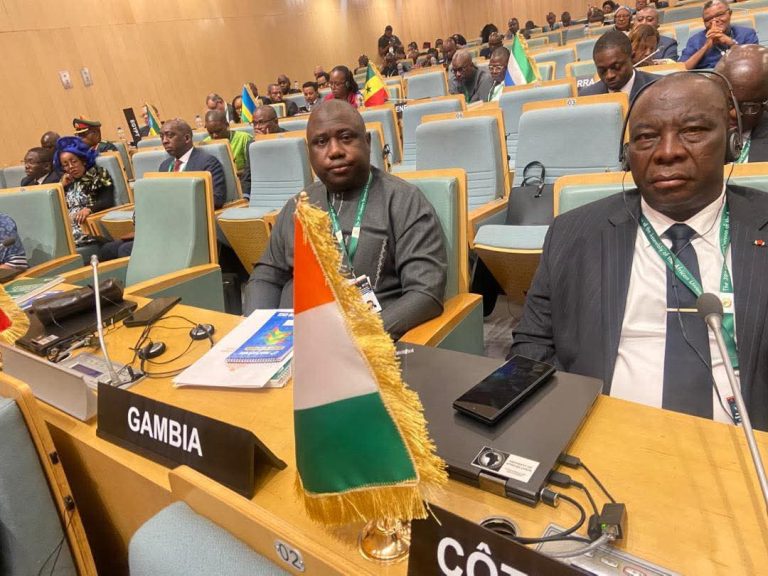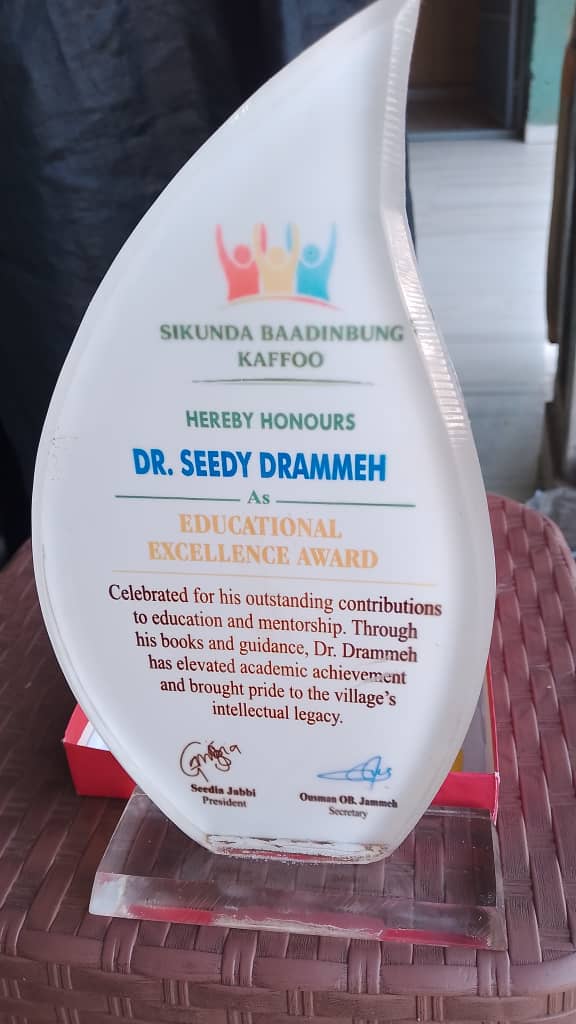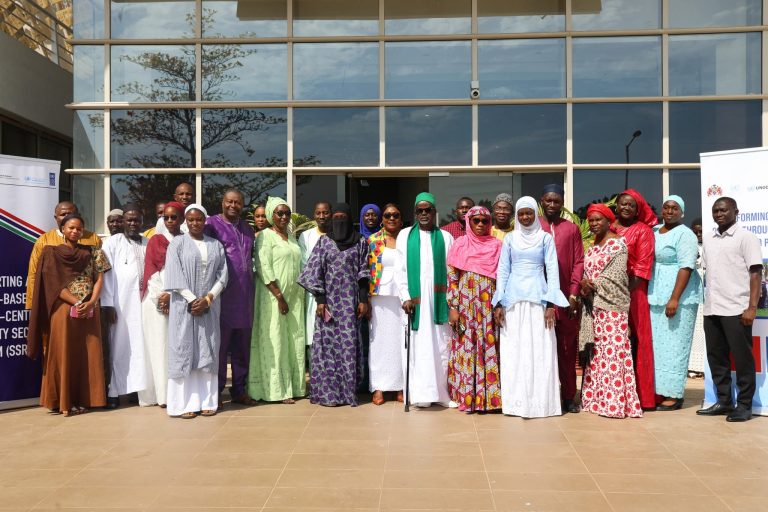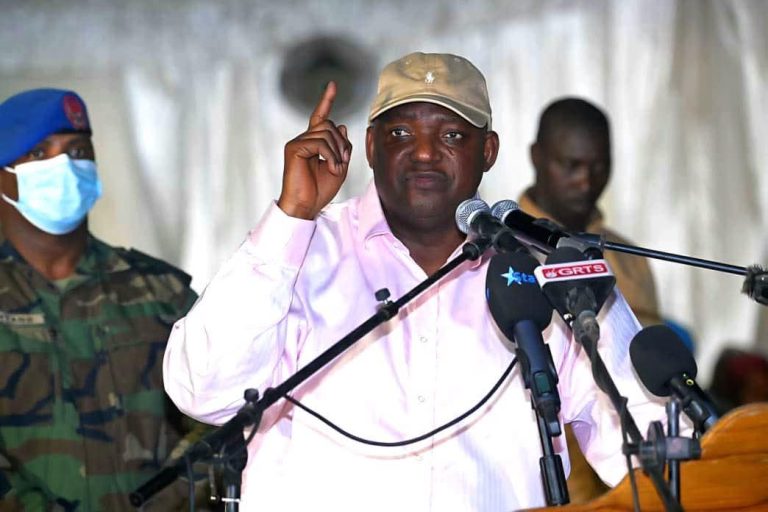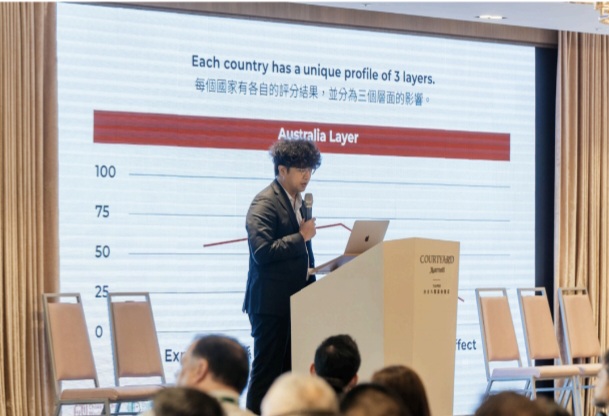
By:Modou Touray
The China Index is the first project to measure and visualize the PRC’s global influence. The 2024 edition covers 101 countries, including The Gambia, offering a nuanced perspective to academics, policymakers, journalists, and civil society.
The Gambia ranks 36th overall in the China Index 2024 and is the 8th highest-ranked Sub-Saharan African country. This reflects a strong engagement with the PRC, particularly in the areas of foreign policy, media, and academia.
The Gambia ranks 3rd globally in the Foreign Policy Domain, demonstrating a very high degree of political alignment with the PRC.
The Gambia ranks 8th in the Media Domain, indicating that PRC influence is deeply embedded in the Gambian local media ecosystem, and the PRC has achieved a strong degree of message control.
The Gambia ranks 19th in the Academia Domain, up 62 places since 2022, driven by expanded PRC partnerships, Chinese language programs, and greater PRC involvement in academic funding and exchanges.
As The Gambia deepens its relationship with the PRC, recent data reveals a steady expansion of PRC influence across key sectors since 2022.
The Gambia ranks 36th out of 101 countries overall, 14 places higher than in 2022, and is the 8th highest-ranked country in the Sub-Saharan African region in the China Index 2024, the first research effort to measure and compare PRC influence overseas. The Index is published by the China in the World (CITW) network, an initiative of the Taiwan-based civil society organization Doublethink Lab, and draws on research by hundreds of researchers and local experts worldwide.
Rankings are determined by summing normalized responses to 99 Indicators, each corresponding to an observable phenomenon of PRC influence. These Indicators are devised by the Index Committee of experts in PRC influence tactics, and split equally across nine Domains (Media, Academia, Economy, Society, Military, Technology, Law Enforcement, Domestic Politics, and Foreign Policy).
The Gambia’s upward movement in the latest China Index reflects growing PRC influence across key sectors of Gambian society, including diplomacy, media, and academia. Notably, diplomatic engagement at the local level has increased, with the Chinese Ambassador actively building ties with subnational leaders, such as the mayors of Banjul and Kanifing Municipality.
The Gambia’s foreign policy alignment with Beijing is notable: it ranks third globally in the Foreign Policy Domain of the China Index, having consistently supported the PRC’s “One China Principle” and refrained from criticizing Beijing on contentious issues such as Tibet or the South China Sea.
The Gambia ranks 8th globally in the Media Domain of the China Index, reflecting the PRC’s notable presence in the country’s media landscape. Major outlets like The Standard newspaper and QTV are known for their frequent PRC-related coverage, with key editorial staff from both participating in PRC-sponsored programs in the PRC.
The Gambia ranks 19th in the Academia Domain, recording a 62-place increase since 2022. This change is attributed to expanded PRC-backed partnerships, the introduction of Chinese language programs in local schools, increased participation in PRC-funded exchanges, and growing involvement of PRC-affiliated entities in curriculum development and academic funding.
Academia, Media, and Society Domains are a part of the Ideology Cluster, where The Gambia ranks 21st out of 101 countries. The Cluster tracks how the PRC spreads its soft power through education, media partnerships, and cultural influence. It highlights where the PRC is strengthening its ability to shape narratives and public perceptions.
The Index highlights concerns about the PRC’s influence over how narratives around its human rights record are shaped and communicated in The Gambia. For example, one Media Indicator reads: “In my country, there are media personalities (including reporters, journalists or commentators) or celebrities who echo PRC talking points, such as denying the existence of or whitewashing human rights abuses (e.g. a media personality who rejects that there are re-education camps for Uyghurs in Xinjiang).” to which the graded response is “Yes”, and the following supporting evidence state:
“Mr. Momodou Lamin Choi, QTV reporter and Dr. Ismaila Ceesay, renowned Gambian scholar and politician who is now The Gambia’s current Minister of Information did echo such during their CGTN’s “Talk Africa” aimed at introducing the important actions announced by H.E. President Xi Jin.”
All evidence is provided by regional partners of the China Index, in this case the academic, journalist, and policy analyst Emeka Umejei, and is subsequently reviewed by local experts.
China Index 2024 raw data is available for download here, allowing interested stakeholders to conduct complementary research. The full China Index research report will be available to download soon.
For further information about the China Index and CITW, including in-depth research takeaways and interviews, email alda@doublethinklab.org.
About the China Index
In 2019, Doublethink Lab and its partners established the China In The World (CITW) network to bring together stakeholders researching the People’s Republic of China (PRC)’s global influence and disinformation strategies. CITW aims to support and unite these stakeholders, improve global and regional awareness of related challenges, and strengthen democratic resilience worldwide. CITW oversees publication of the China Index, the first cross-regional initiative to measure and compare the PRC’s influence in various countries.
About Doublethink Lab
Doublethink Lab (Doublethink) is a civil society organization devoted to studying the malign influence of digital authoritarianism. Doublethink’s strengths lie in its ability to combine a diverse set of research approaches in the social, behavioral, and computational sciences to study state-funded propaganda campaigns, psychological warfare, and related information operations. Doublethink seeks to foster global networks connecting academics, democracy movements, digital communities, like-minded CSOs, and experts on the People’s Republic of China, in order to strengthen global democratic resilience.

